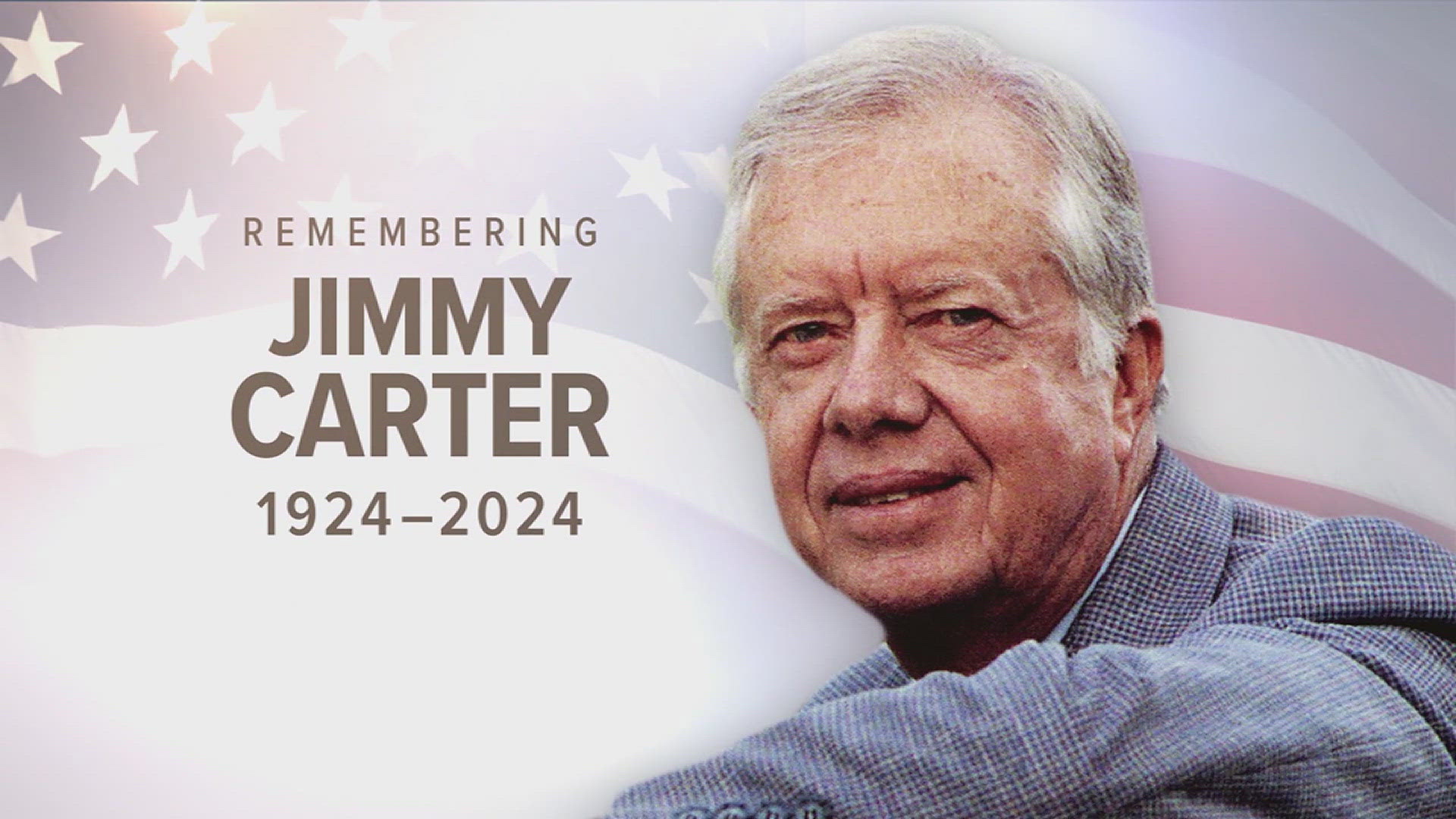(Akiit.com) With unemployment among African Americans running at almost twice the level of whites -13.4 per cent, compared with 7.3 per cent, a figure that is sure to increase as the global economic crisis worsens; buying black could throw a lifeline to struggling businesses. But the concept is not a new one. In 1933, Historian, scholar and Black History Month founder, Carter G Woodson, writing in ‘The Mis-education of the Negro’, warned that black businesses “are not properly supported and do not always grow strong enough to pass through a crisis“.
Woodson´s concerns articulated over 75 years ago are borne out in a 2007 study at the University of California which found that due to the disparity in wealth between whites and blacks, African Americans go into business with less start-up capital than whites. This contributes to higher failure rates, lower sales and profits, less employment and a lower likelihood of survival. Another black scholar, Amos Wilson, writing in ‘The Falsification of Afrikan Consciousness’ in 1993, argues that African Americans are not poor, pointing out that they earn $300 billion dollars a year but are disadvantaged by “the absence of an economic system”.
The rationale behind the Ebony Experiment is that buying black can help to create and promote wealth within black communities, because, “they create more black jobs…and the swelling pool of black professionals drives growth of the middle class“, the Andersons state, on their website. Maggie Anderson said in a recent interview with NBC that the Ebony Experiment “is about enthusing wealth into under-served communities”. But does wealth creation within the black middle class filter down to the black working class and the black poor? Not necessarily. Whilst the black middle class in America enjoyed the opportunities created by the Civil Rights Movement, for most poor black Americans, the American Dream remains out of reach.
This is borne out by a 2007 study by the Economic Mobility Project, which found that 54 per cent of black children born to parents in the bottom income bracket stay at the bottom, compared with just 31 per cent of white children. But aside from the issue of who will benefit from any economic growth within the black community, there is the not insignificant fact that buying black can only generate major economic growth if African Americans subscribe to it on a massive scale. The odd person who buys goods and services from black owned businesses will have a minimal impact on wealth creation.
During a recession consumers are forced to make drastic cuts in their spending in the face of job losses, salary cuts, increased fuel and food bills, petrol costs and rising debts. Buying choices tend to be limited by income. So if buying black may mean paying more, then in the current dismal economic climate, this strategy may simply not be feasible. Other concerns are, whilst the notion of buying black to boost the black economy seems a noble gesture, what guarantee is there that the business that an individual buys from will reinvest surplus profits for social benefit and not simply pay larger dividends to their shareholders?
This could be addressed through establishing more social enterprises where business objectives are mandated to deliver specific social benefits, inspiring greater confidence in the buying black strategy. The Anderson´s admit to being inspired by Obama´s ascendancy to the White House, which was due in no small measure to the mobilization of the black vote which led to an unprecedented 96 per cent of African Americans turning out to vote the first black president into office. A prime example of what can be achieved when black communities pull together for a common purpose.
On the face of it, the Ebony Experiment is clearly based on the principle of self-help and has been fashioned out of a genuine desire to empower black communities socially and economically, which are both worthy objectives. Whilst some critics argue that buying black is racism in reverse, as one NBC viewer contended; they ignore the fact that the wealth of African Americans is one eleventh of the wealth of white Americans. How you suppose such a colossal gap accrued?
Slavery, land dispossession, segregation and discrimination come to mind. Many whites today enjoy the unearned financial privileges gained through the exploitation of blacks that accumulated over centuries and which continue to this day. Just because there is no public declaration does not mean than many whites do not ´buy white´ on a routine basis. It is simply because whiteness is invisible within the mainstream of everyday life and is so universalised that it goes unnoticed. And let´s not kid ourselves that other ethnic groups in the US do not have unspoken, but accepted practices of buying “from their own“.
The reality is that whilst the majority of wealth remains largely in the hands of whites and poverty remains disproportionately high among African Americans; buying black could be a viable solution from within the community.
Written By Deborah Gabriel









Leave a Reply